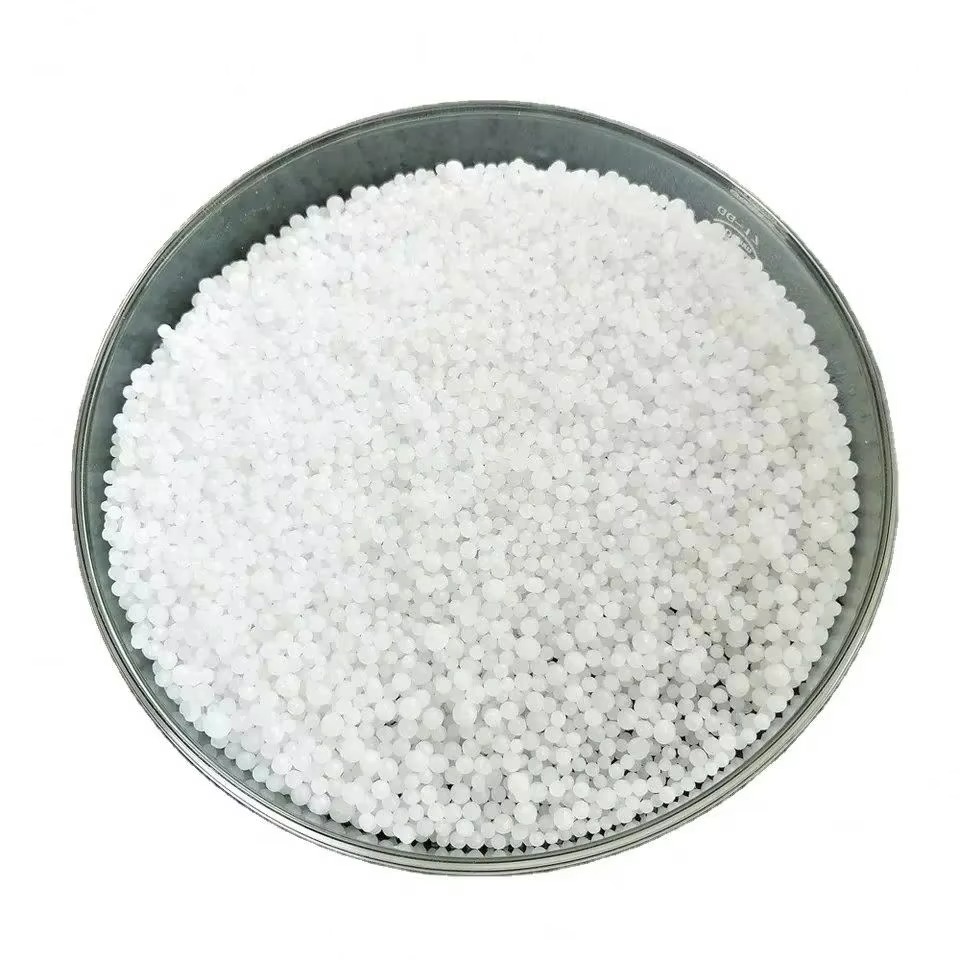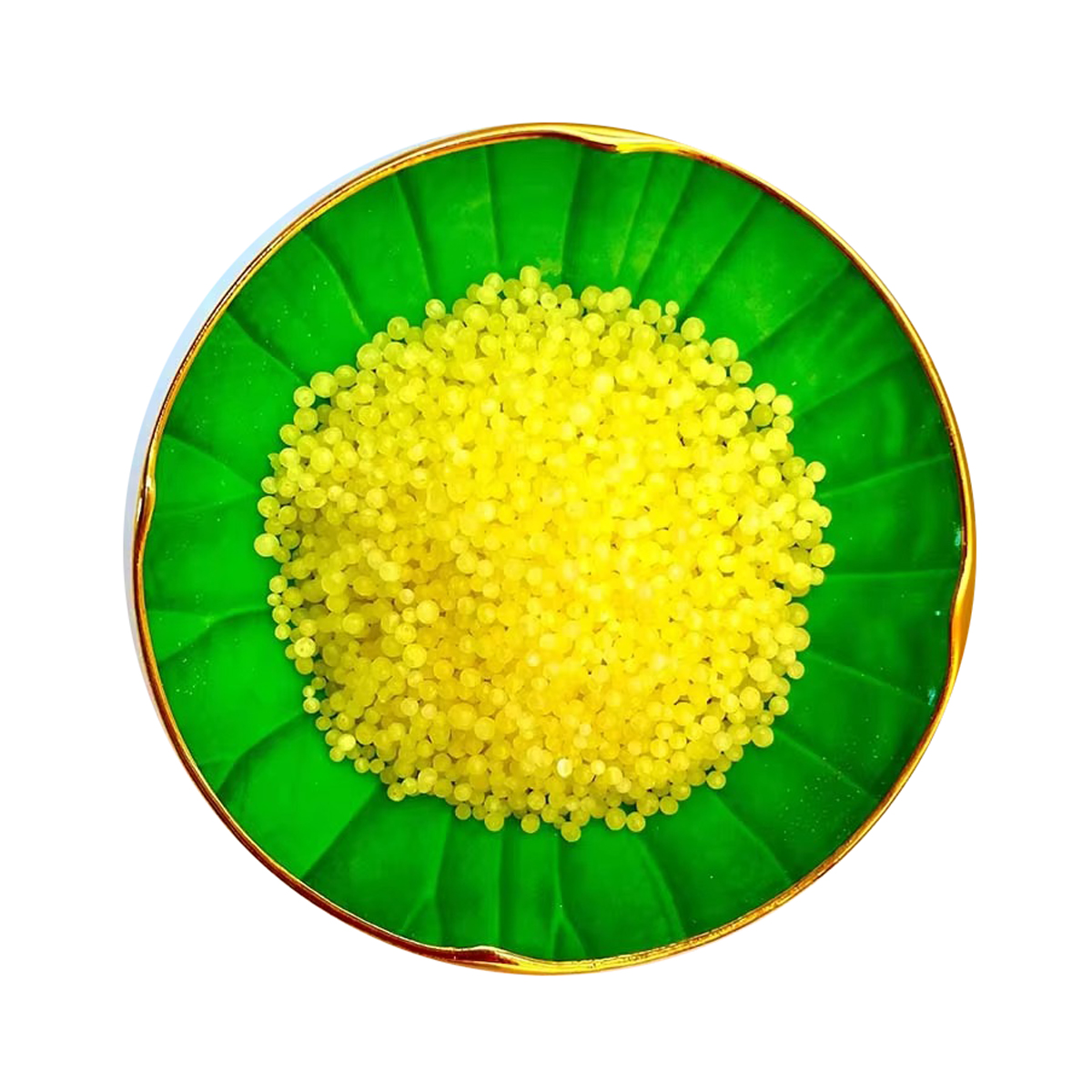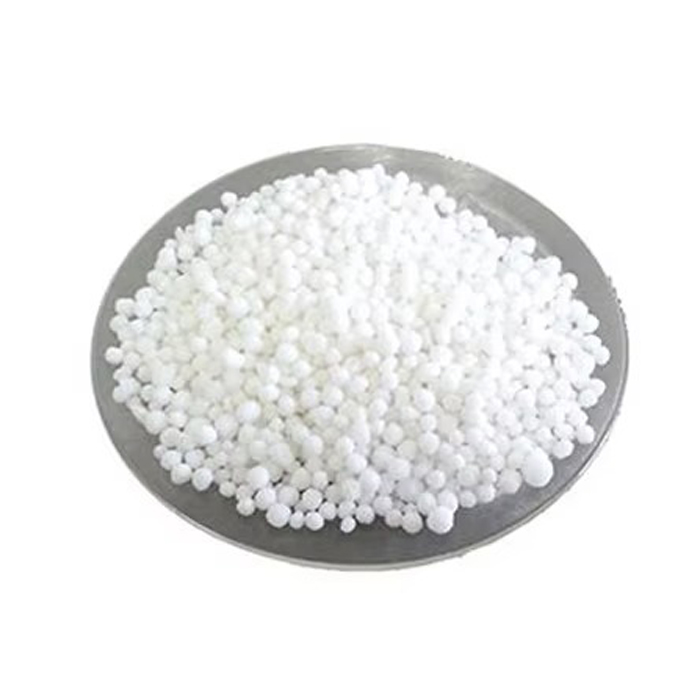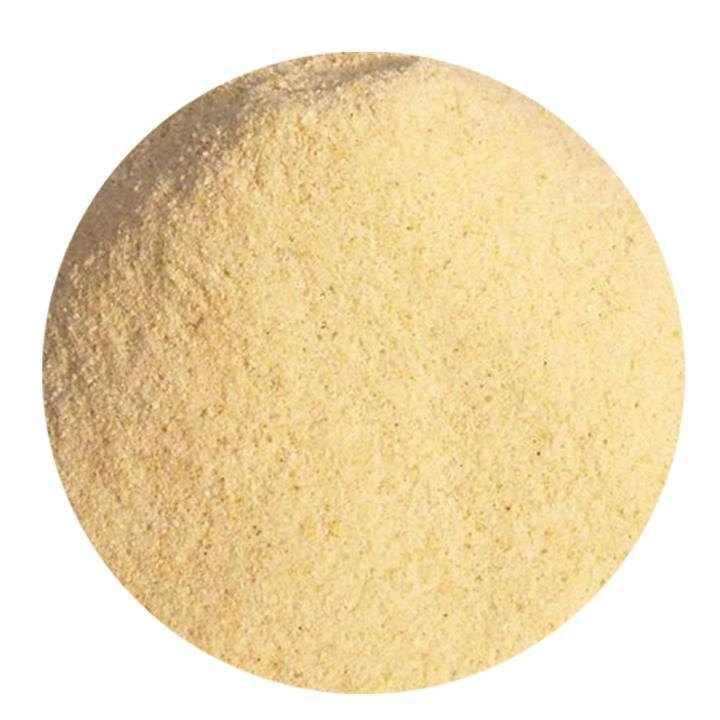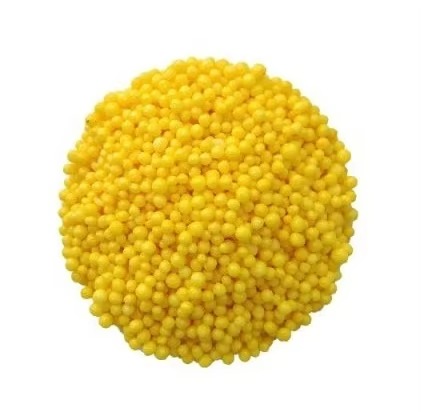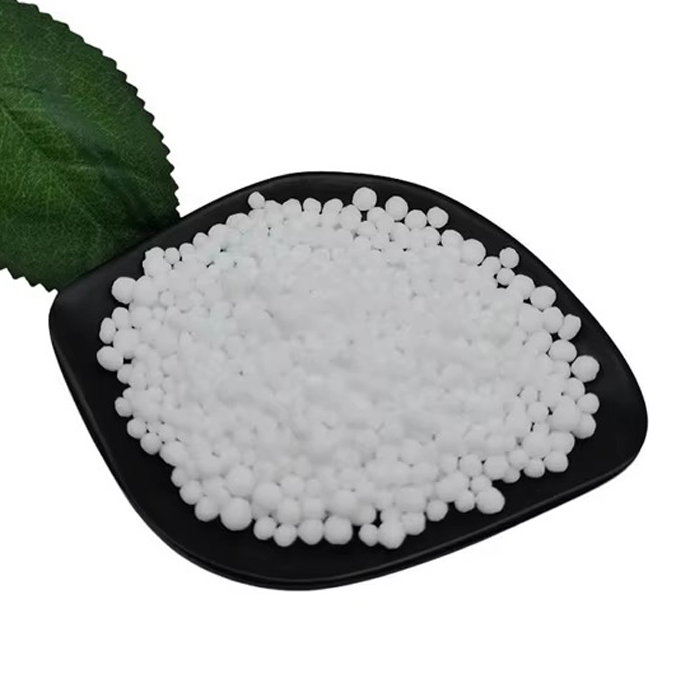18+ Years of Experience
Advanced fertilizer
manufacturing plant
Your reliable fertilizer supplier, backed by expertise and high-quality production.
about us
Global Fertilizer
Manufacturing Partner
Your reliable fertilizer supplier,
backed by expertise and high-quality production.
We are committed to providing high-quality fertilizer solutions to our partners, prioritizing quality and building long-term partnerships. We ensure that every batch of urea meets stringent international standards for nitrogen content, purity, and solubility. Our goal is to grow with you and support you in successfully increasing crop yields or optimizing your operations.
- Proven Industry Expertise
- Global Supply Chain Reliability
- Client-Tailored Customization
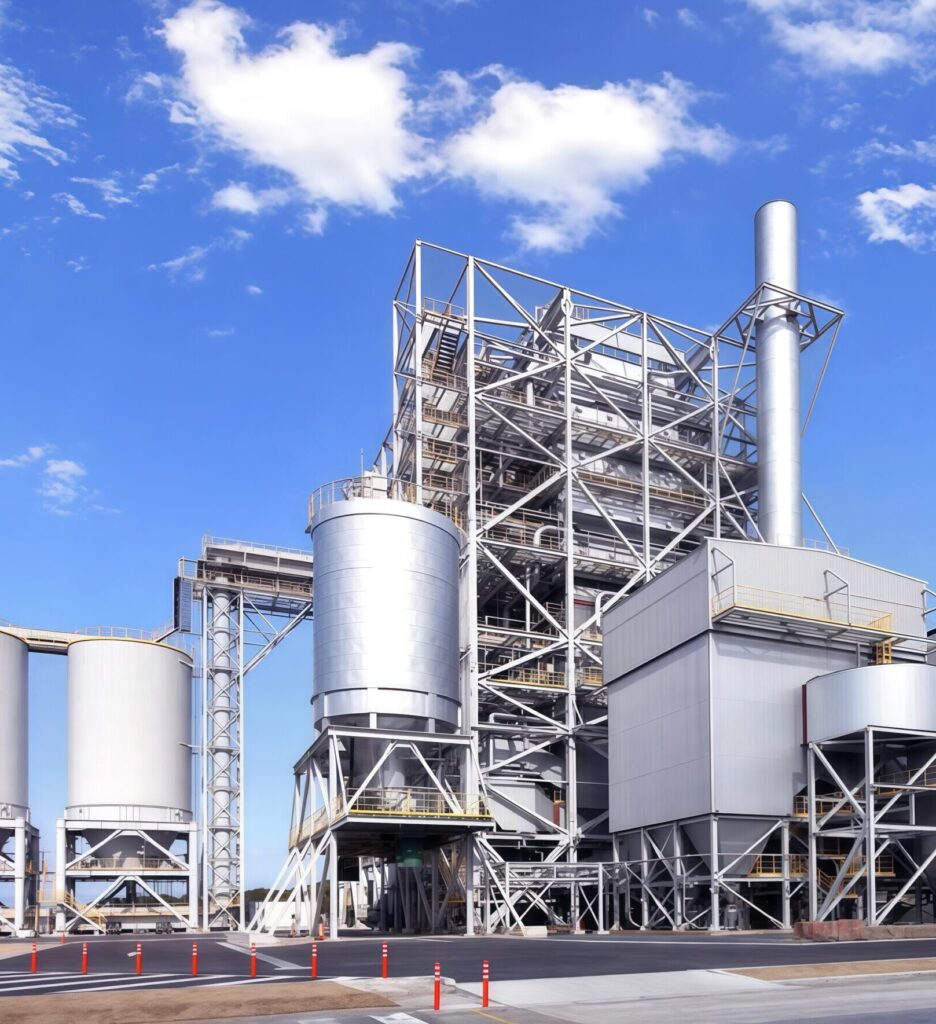
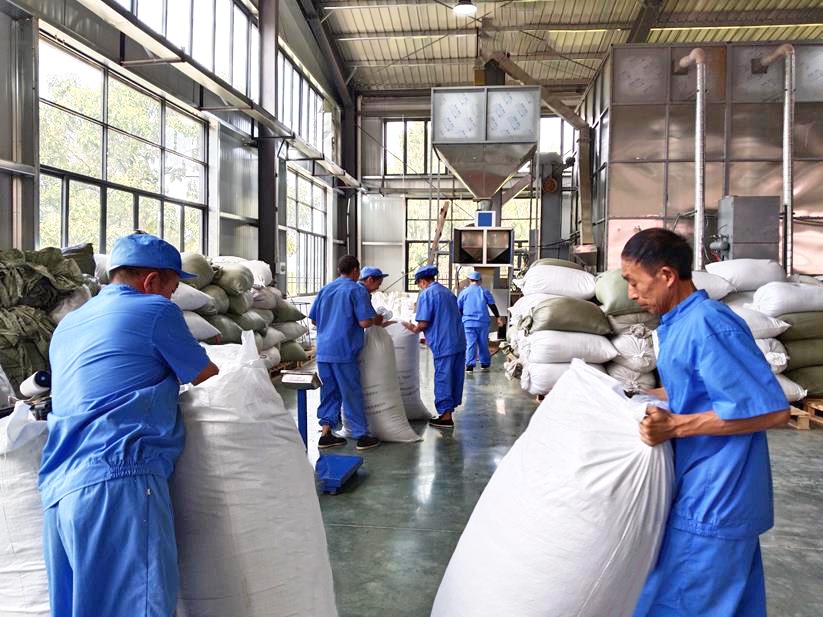
OUR PRODUCTS
Premium Products for Global Agri
From product research and development to supply chain delivery, we empower the development of modern agriculture with customized services.
Urea (Standard Grade)
Standard urea, chemically known as carbamide, is a high-purity nitrogen fertilizer produced through the reaction of carbon dioxide and liquid ammonia. With a nitrogen content of ≥46.3%, it appears as white, free-flowing prills with a particle size ranging from 0.85mm to 2.85mm. It is a physiologically neutral fertilizer, highly soluble in water, and rapidly dissociates into ammonium ions in soil, making nitrogen readily available to plants.
Suitable for application in all soil types and crops, including grains, fruits, vegetables, and cash crops. It can be used as a base fertilizer, topdressing, or in fertigation systems. For topdressing, it is typically broadcast or side-dressed; for fertigation, it is dissolved in water and applied through irrigation systems. Avoid direct contact with seeds or young seedlings to prevent phytotoxicity.
- High nitrogen concentration (≥46.3%), the highest among solid nitrogen fertilizers.
- Rapid dissolution and absorption, providing quick nutrient supplementation.
- Versatile application across various agricultural scenarios.
- Cost-effective compared to coated or enhanced urea formulations.
- Delivers immediate nitrogen supply to address acute nutrient deficiencies.
- Easy to store and handle with good physical properties (low caking tendency).
- Compatible with most other fertilizers and agrochemicals for blended applications.
- Economical choice for large-scale agricultural operations.
Polypeptide Urea
Polypeptide urea is an enhanced nitrogen fertilizer formulated by adding protease or polyaspartic acid during the urea production process. It retains a high nitrogen content of 46-46.4% while incorporating bioactive polypeptides that stimulate plant physiological activities. The polypeptide additives act as chelating agents and growth promoters, enhancing nutrient uptake efficiency.
Ideal for high-value crops such as fruits, vegetables, and cash crops requiring precise nutrient management. Suitable for base application, topdressing, and drip irrigation. Recommended for soils with low organic matter or where nutrient leaching is a concern. Reduced application rates (5-10% less than standard urea) are typically sufficient for optimal results.
- Contains bioactive polypeptides that enhance root development and nutrient absorption.
- Reduces nitrogen loss through leaching and volatilization.
- Compatible with various irrigation systems and fertilization techniques.
- Maintains high nitrogen content comparable to standard urea.
- Increases fertilizer utilization efficiency by 10-15% compared to standard urea.
- Promotes uniform crop growth and improves stress tolerance (drought, disease).
- Reduces environmental impact through minimized nutrient runoff.
- Yield increases of 10-30% reported in field trials for major crops.
Large Particle Urea
Large granular urea is produced via a double-drum fluidized bed process, where small urea prills serve as seeds for secondary agglomeration. It features uniform, smooth granules with a particle size of 2.8-4.75mm and nitrogen content ≥46.3%. The larger particle size and higher hardness enhance its physical stability and slow-release properties compared to standard urea.
Preferred for applications requiring extended nitrogen release, such as 基肥 for perennial crops, orchards, and lawns. Suitable for broadcasting, deep placement, or blending with other granular fertilizers. Ideal for no-till or reduced-tillage systems where nutrient retention in the root zone is critical.
- Larger particle size (2.8-4.75mm) with high mechanical strength (low dust and breakage).
- Slow dissolution rate, extending nitrogen availability in soil.
- Reduced caking tendency during storage and handling.
- Compatible with bulk blending and mechanical application equipment.
- Extends nitrogen release period, reducing the need for frequent reapplication.
- Improves nitrogen use efficiency by 5-10% compared to standard urea.
- Minimizes nutrient loss in sandy soils or high-rainfall areas.
- Cost-effective solution for long-term crop nutrition.
Slow-Release Urea
Slow-release urea is formulated by adding urease inhibitors (e.g., N-(n-butyl) thiophosphoric triamide) during production, which regulate the hydrolysis of urea in soil. It maintains a nitrogen content of ≥46.3% while controlling the rate of nitrogen release, ensuring sustained availability over an extended period (80-120 days).
Suitable for crops with long growth cycles, such as maize, wheat, and fruit trees. Ideal for use as a single base application, reducing the need for multiple topdressings. Effective in both conventional and organic farming systems, and compatible with various soil types, including alkaline soils prone to ammonia volatilization.
- Contains urease inhibitors that slow the conversion of urea to ammonia.
- Extends nitrogen availability to match crop demand throughout the growth cycle.
- Physically similar to standard urea, allowing for easy handling and application.
- Does not alter soil pH significantly.
- Reduces nitrogen loss through volatilization and denitrification by 30-50%.
- Lowers labor costs by minimizing the number of fertilizer applications.
- Improves crop quality and yield consistency by preventing nutrient spikes.
- Environmentally friendly, reducing greenhouse gas emissions (N₂O).
Coated Urea
Coated urea, or controlled-release urea, features a urea core encapsulated with semi-permeable or impermeable materials such as sulfur, polymers, or resins. The coating regulates nutrient release through diffusion or degradation, with nitrogen content ranging from 36-42% (depending on coating type). Sulfur-coated urea (SCU) and polymer-coated urea (PCU) are the most common formulations.
Designed for high-value crops, greenhouse cultivation, and precision agriculture. Used primarily as a base fertilizer, it can be applied at planting or during early growth stages. Suitable for container-grown plants, turfgrass, and ornamental crops where precise nutrient management is required. Compatible with banding or localized application techniques.
- Coating materials control nitrogen release rate based on soil temperature, moisture, and microbial activity.
- Sulfur coatings provide additional sulfur nutrition (beneficial for legumes and brassicas).
- Polymer coatings offer predictable, linear release patterns over 2-6 months.
- Low solubility in water, reducing leaching risk.
- Highest nitrogen use efficiency among urea products (up to 80% compared to 30-40% for standard urea).
- Eliminates the need for multiple applications, reducing labor and logistics costs.
- Minimizes environmental impact through controlled nutrient release.
- Improves crop quality by maintaining steady nutrient levels.
Urea-Formaldehyde Urea
Urea-formaldehyde urea is a condensation product of urea and formaldehyde, composed primarily of methylene ureas (e.g., 1-methylol-2-urea and 2-methylol-3-urea). It has a nitrogen content of 38-40% and a slow-release profile, with nutrient availability spanning 40-120 days. It is typically used as a raw material in the production of urea-formaldehyde fertilizers rather than as a standalone product.
Used as a key ingredient in blended slow-release fertilizers for horticulture, nursery, and turf applications. It is incorporated into granular fertilizer formulations to provide long-term nitrogen supply. Not recommended for direct application due to its low solubility; instead, it is mixed with other nutrients to create balanced, slow-release blends.
- Insoluble in water but decomposes gradually in soil via microbial activity.
- Nitrogen release rate is temperature-dependent, accelerating in warm, moist soils.
- Chemically stable, with a long shelf life when stored properly.
- Low phytotoxicity risk, making it suitable for sensitive crops.
- Provides sustained nitrogen release matching crop growth stages.
- Reduces nutrient leaching in sandy soils or high-rainfall environments.
- Enhances fertilizer blend longevity and storage stability.
- Ideal for formulating custom slow-release fertilizers for specific crop needs.
Why Choose Us
Expertise, Reliability,
and Results You Can Count On
- Premium Quality Assurance
Tested to meet global standards: high nutrients, low impurities, optimal solubility—from certified top manufacturers.
- Competitive & Flexible Terms
Great pricing via global supply chain, plus flexible MOQs, custom packaging, and favorable payment for all buyers.
- Reliable Global Delivery
On-time worldwide shipping with leading forwarders. We handle docs, customs, and real-time tracking.
- Expert Support
Agri & export specialists assist from inquiry to after-sales: technical advice, certifications, tailored solutions.
Our Services
Full-Service for Partners
Certified Sourcing
Select urea from verified manufacturers, meeting ISO/CE standards for nitrogen stability and purity.
Custom Packaging & Labeling
Tailor sizes (bags/bulk) and labels with your brand or regional compliance (EU/FDA).
Global Logistics
Arrange sea/air shipping with trusted forwarders, handle customs, and offer real-time tracking.
Technical Advice
Guide on urea application, storage, and regional agri practices to boost crop yield.
After-Sales Support
Respond fast to inquiries, assist with quality checks, and resolve issues (e.g., damaged goods).
Compliance & Docs
Prepare export docs (origin, phytosanitary) to meet your country’s import rules.
OUR Testimonial
Recognition from partners



CONTACT US
Request Info
For all your fertilizer procurement needs, we’re here to provide tailored solutions. Whether you seek detailed product specifications, pricing structures, or insights into our global supply capabilities, our team is ready to assist.
We understand the complexities of international fertilizer trade. From bulk shipments to customized formulations, we ensure seamless coordination to meet your business requirements efficiently.
- Custom Fertilizer Formulations
- International Shipping Logistics
- Regulatory Compliance Support
- After - Sales Technical Assistance
